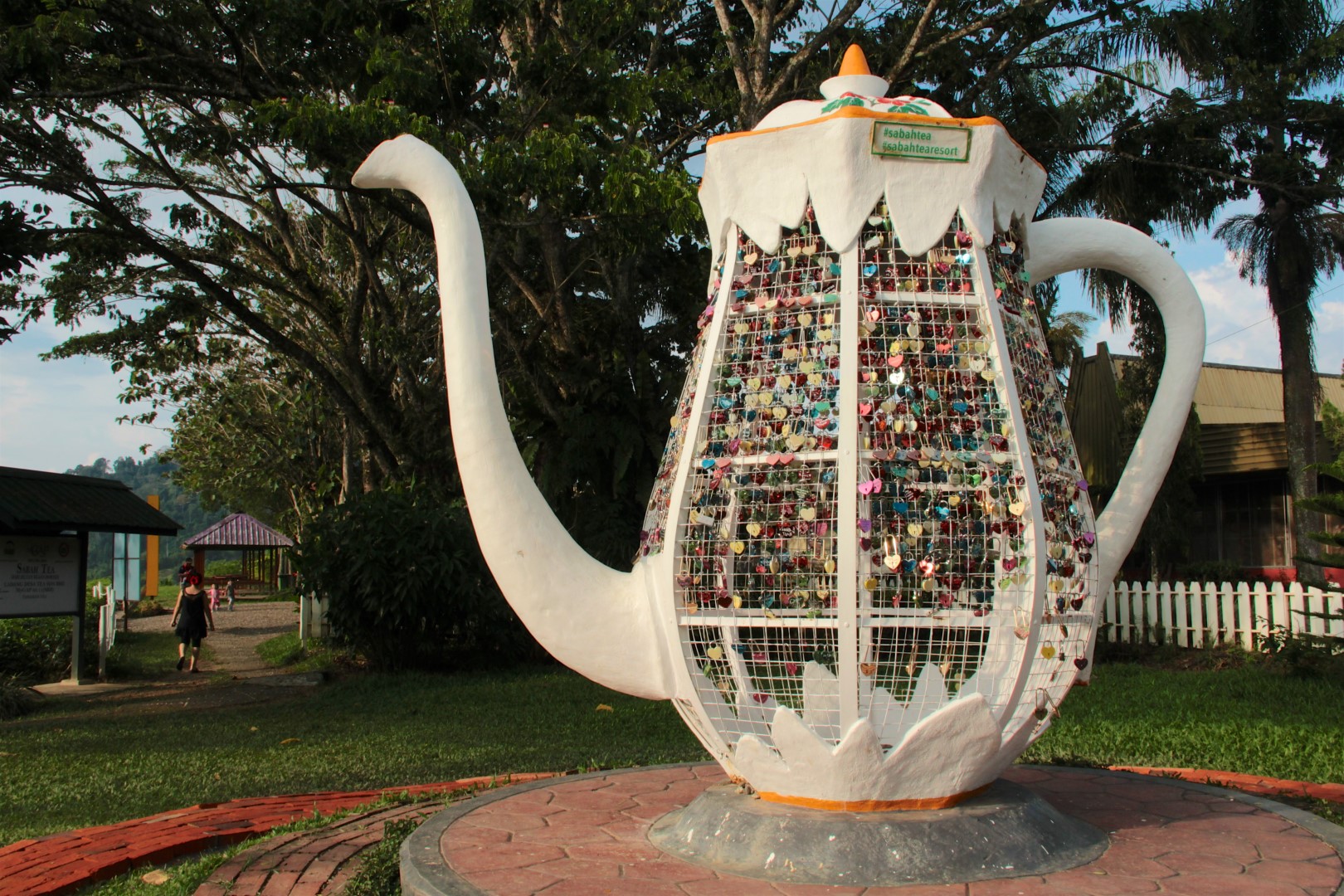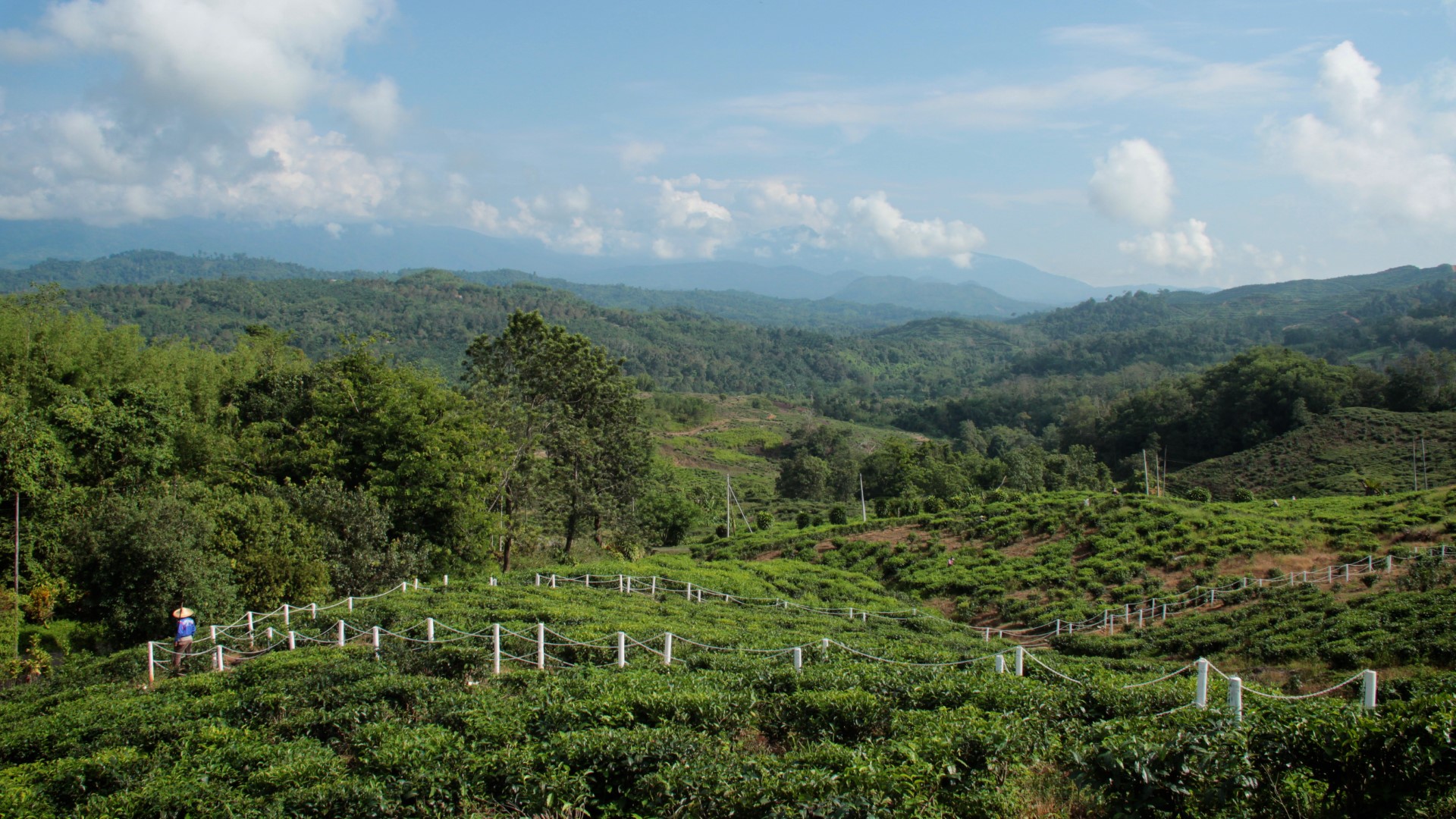panorama destination
panorama destination
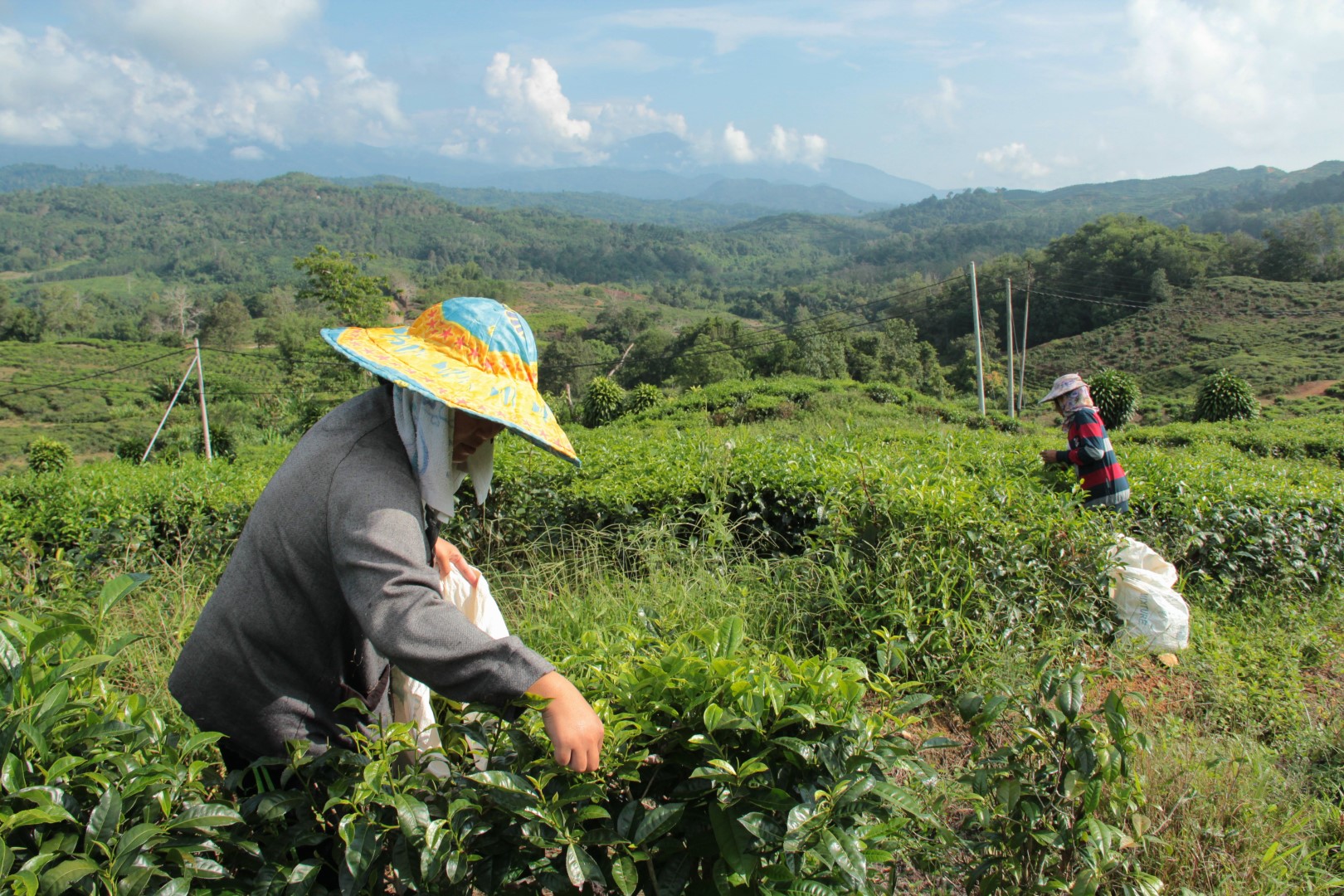
Located in the foothills of Mount Kinabalu, some 2,272 feet above sea level, Sabah Tea is the only organic tea farm in Borneo and one of only several of its kind to be found anywhere in the world. Up here, cradled by a landscape of rippling mountains and valleys stretching out as far as the eye can see, a ribbon of fertile soil splits the peaks from a 130-million-year-old rainforest in the hothouse below. It’s these unique geographic and atmospheric conditions that make the area perfect for growing tea; it also makes Sabah the ideal place to travel if you’re looking for nature, refreshment and a unique system of environmentally friendly agriculture in Borneo.
“A vivid green blanket, stitched together by a network of footpaths and hedgerows”
We arrive at the entrance to Sabah Tea in the late afternoon, following a day of travel along country roads that steadily climbed upwards in parallel to the jagged edge of Mount Kinabalu, shadowing our journey eastwards. Sabah Tea appears at the crest of a hill like a clearing in the jungle. Suddenly the landscape opens out into a broad panorama of undulating hills; a vivid green blanket stitched together by narrow footpaths and hedgerows. These are the tea fields, where Malaysia’s highest grade of organic tea is produced. With the last rays of daylight sweeping over the valley, the fields and orchards seem to glow jade like hummingbird feathers. As the sun sinks under the mountains on the horizon, darkness draws its blanket over the fields. What to do until they wake again tomorrow? I think a cup of tea would do nicely.
In the gloaming, we settle down in the café at Sabah Tea and order a selection of teas, coffees and pancakes – just the thing after a long day on the road. As we sip, munch and chew the breeze together, a whole host of nocturnal characters come calling. The plantation and its café are pitched high on the mountain slopes and comprise the only electric lighting for miles around, which makes the place a beacon for local insects. Up here the cooler temperatures are unkind to mosquitos and biting midges, so the local six-legged population is altogether more hardy and dramatic. Even before the sun has set, I count more than a dozen rhinoceros beetles – some of them big males with impressive tusks – which seem to lumber out of the fields like workers clocking off for the day. The rhinos are joined by the whirring clicks and wingbeats of dragonflies, along with giant forest geckos, centipedes and moths. This motley crew of colourful and bizarre creatures form a miniature Serengeti in the undergrowth around us, and actually play an important role in the running of the plantation; they feed on smaller insects that would eat the leaves. Sabah Tea is 100% pesticide free – the surrounding fields are kept free of parasites thanks to a complex ecosystem that has evolved alongside the ancient jungle that supports it.
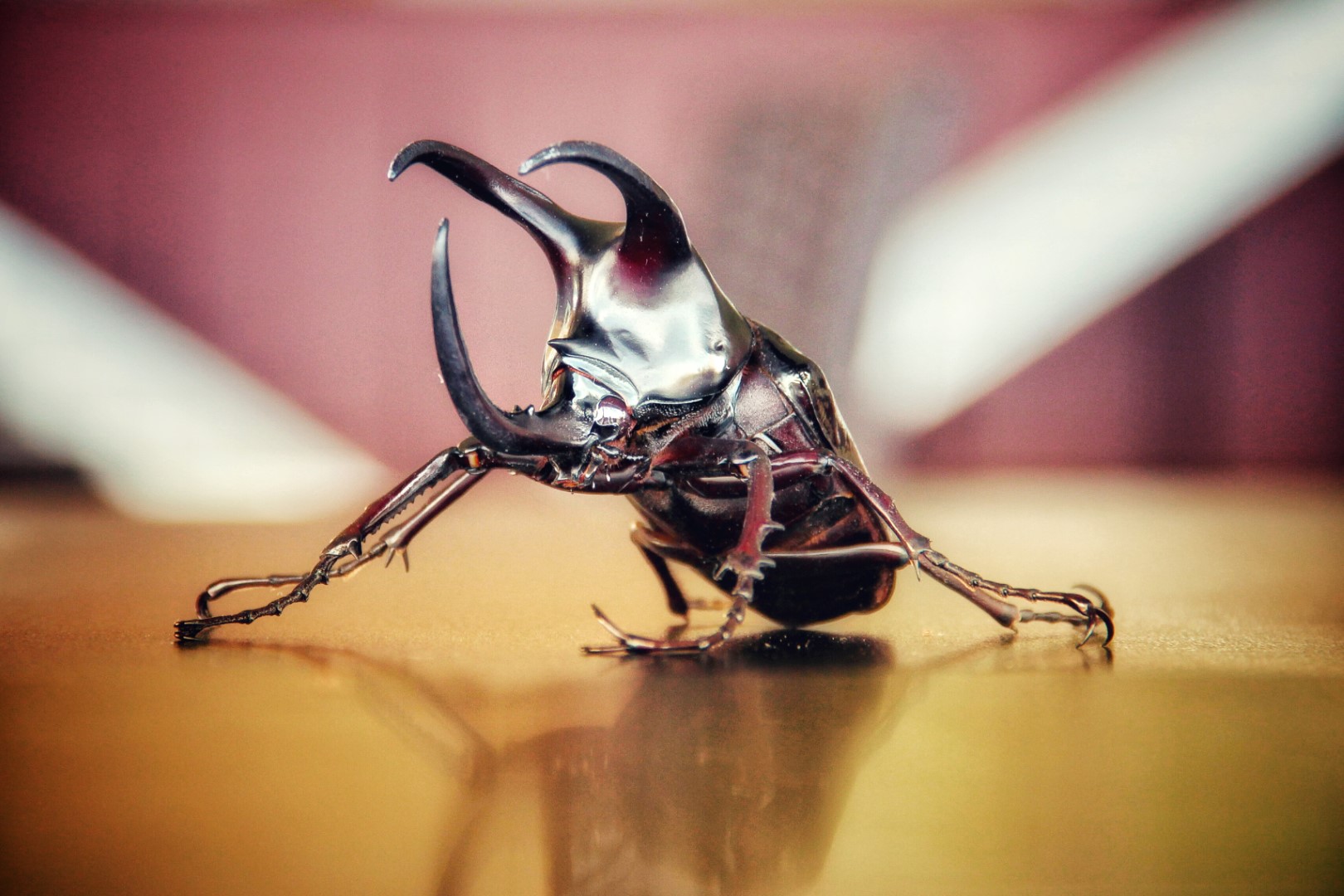
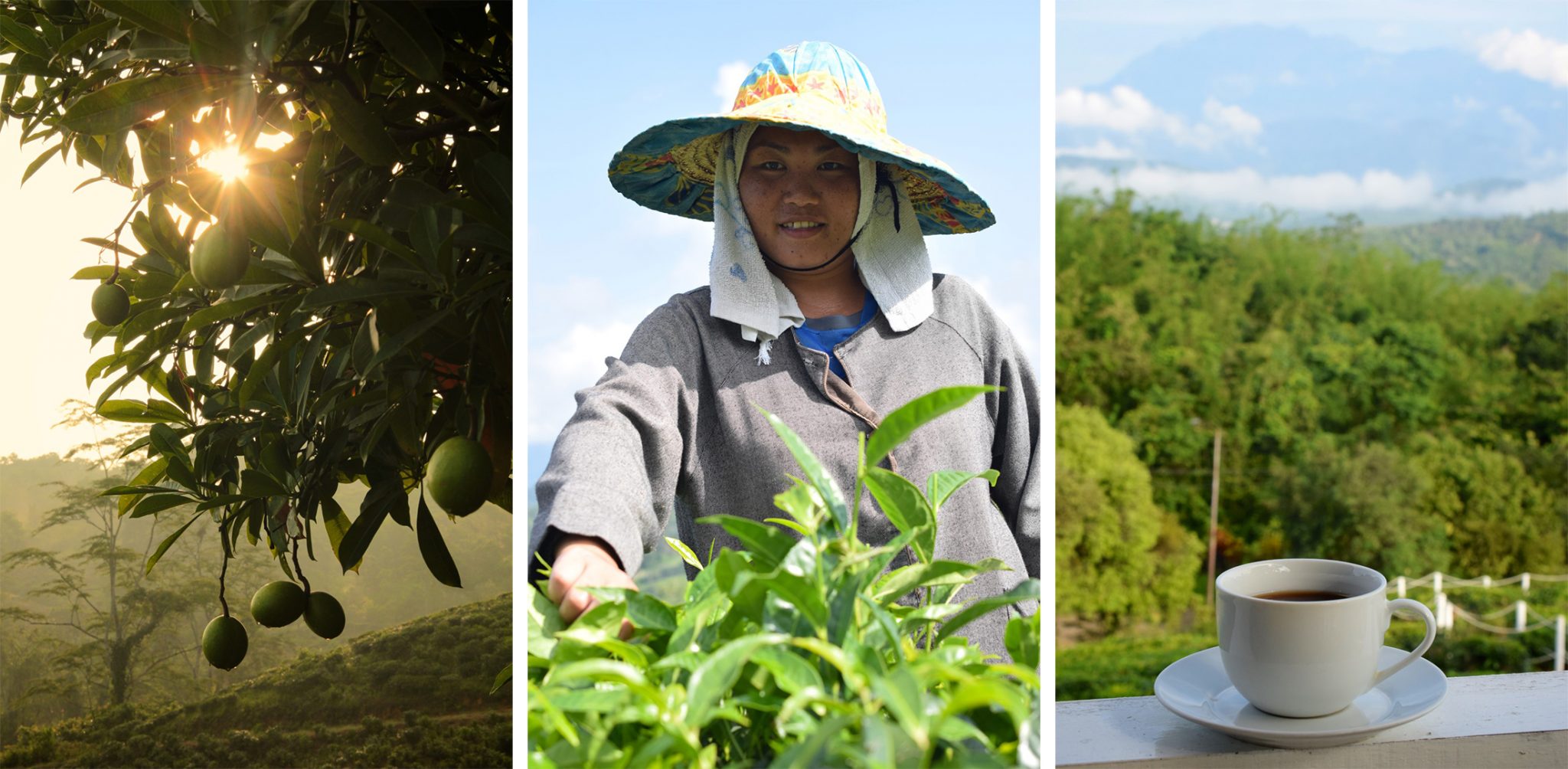
For two-legged visitors such as ourselves, Sabah Tea offers a variety of recreational activities to complement the picturesque surroundings. Guests can enjoy obstacle-crossing in the Sapaon Recreational Area, trekking along the trails to the crest of Kamunsu Hill and night walks out into the fields and forests in search of unique insect life endemic to the region. In the morning, we take a stroll through the fields at sunrise, where workers from the nearby villages are already picking the tea leaves and placing them into bags slung over their shoulders or hitched to their belts. The plantation uses a process of selective and exclusive cultivation, creating tea that is naturally rich in flavour without any chemical additives. Only the tender leaves of the pure Camelia Sinesis tea trees are selected; carefully chosen by expert pickers and processed by hand to create black tea that is distinctive and aromatic, yet subtle in character.
“From field to pot, it’s possible to see the whole life cycle of the tea”
After a quick tea break (naturally), we join a guided tour of the factory, where the leaves are separated, pressed, dried and fermented into a multitude of different colours and flavours. From field to farmhouse, then from package to teapot, it’s possible to see the whole life cycle of the tea. Unlike most tea brands, Sabah Tea only uses tea leaves that have been picked from their very own plantation; according to Mr. Meliden – our guide to the factory - it is the only way to ensure the quality of leaves and safeguard against both natural imperfections and human interference such as chemicals.
During the tour, we get an appreciation of just how much work, care and creativity goes into every cup. In a process known as ‘withering’, freshly picked shoots are spread evenly in special racks, allowing conditioned air to flow through and around the leaves to absorb the moisture and concentrate the juices in the leaf. Next, the withered leaves are passed through machines which twist and squeeze the juices down the surface of the leaf, before a process of fermentation oxidises the resulting juices. The period of fermentation varies depending on external conditions and results in a distinctive change to the colour and aroma. As Meliden explains, this stage is essential in determining the flavour of the tea.
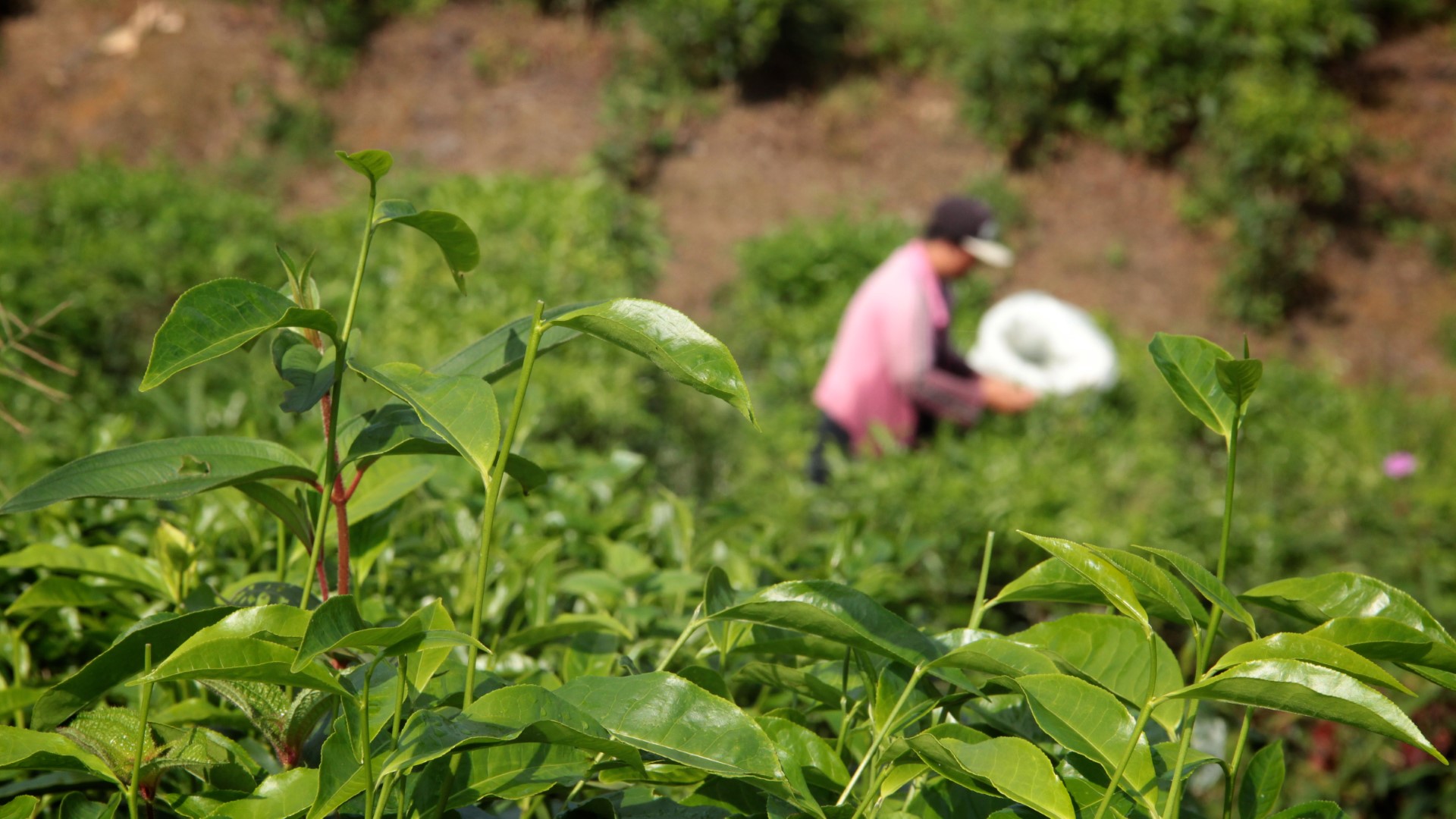
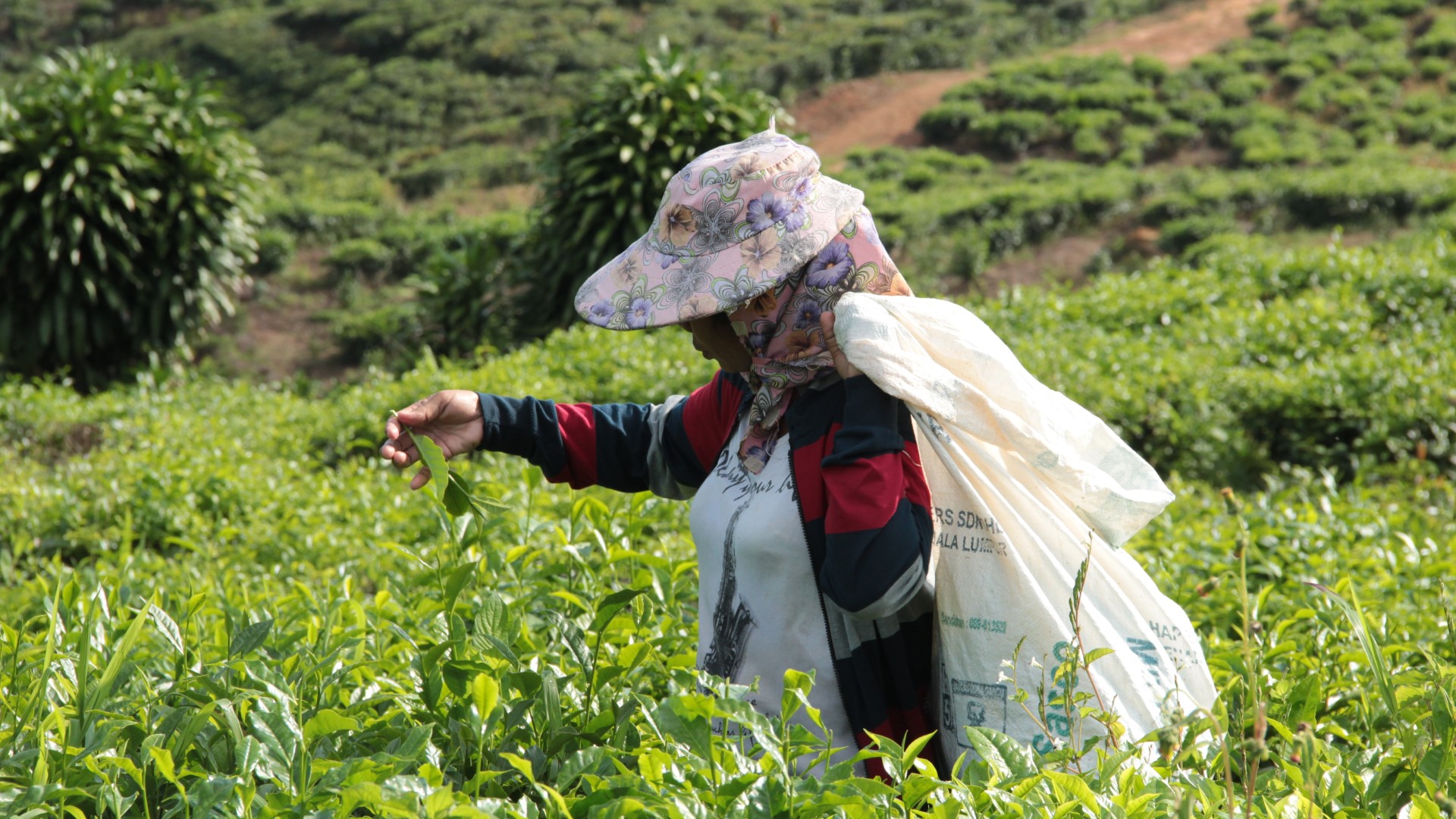
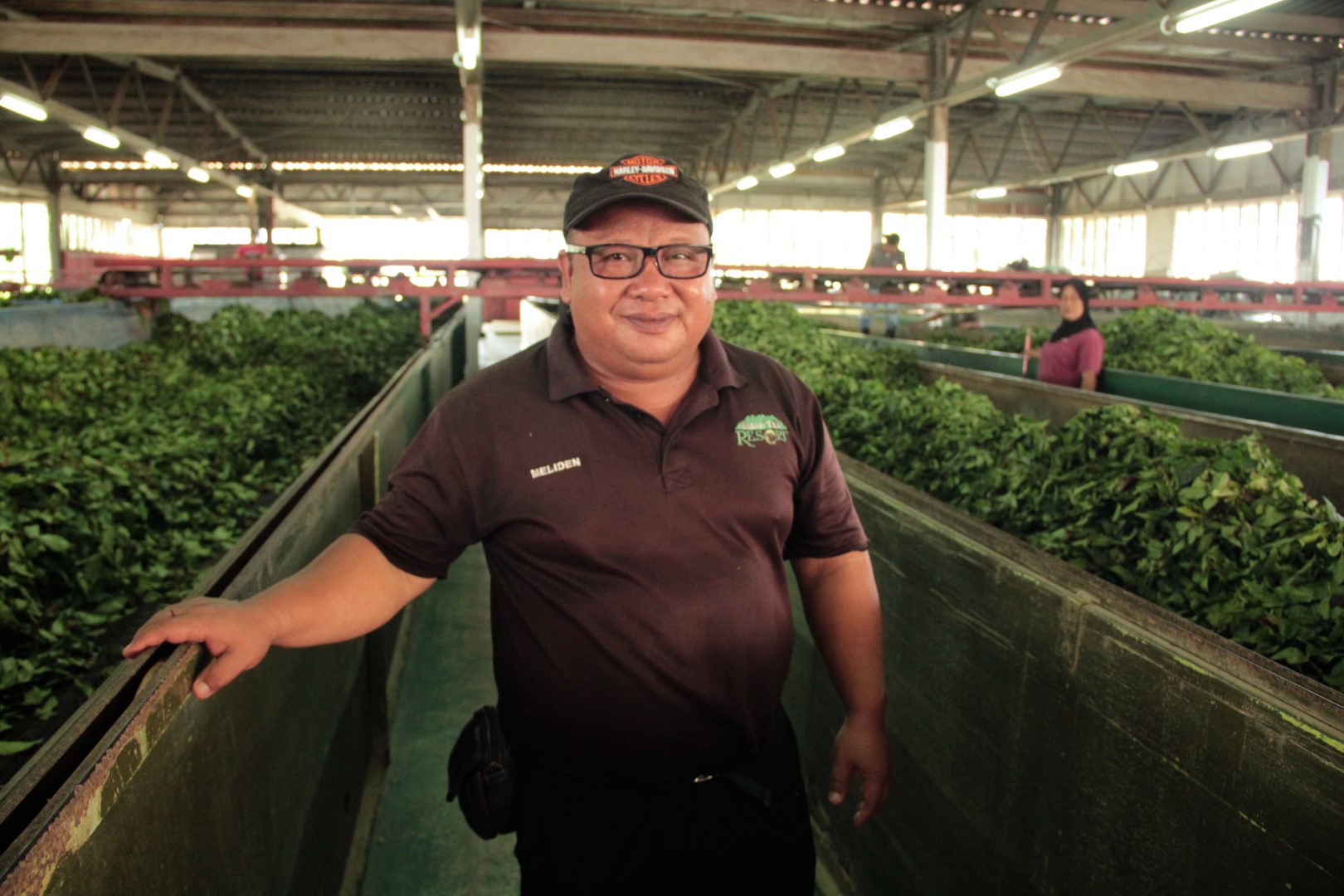
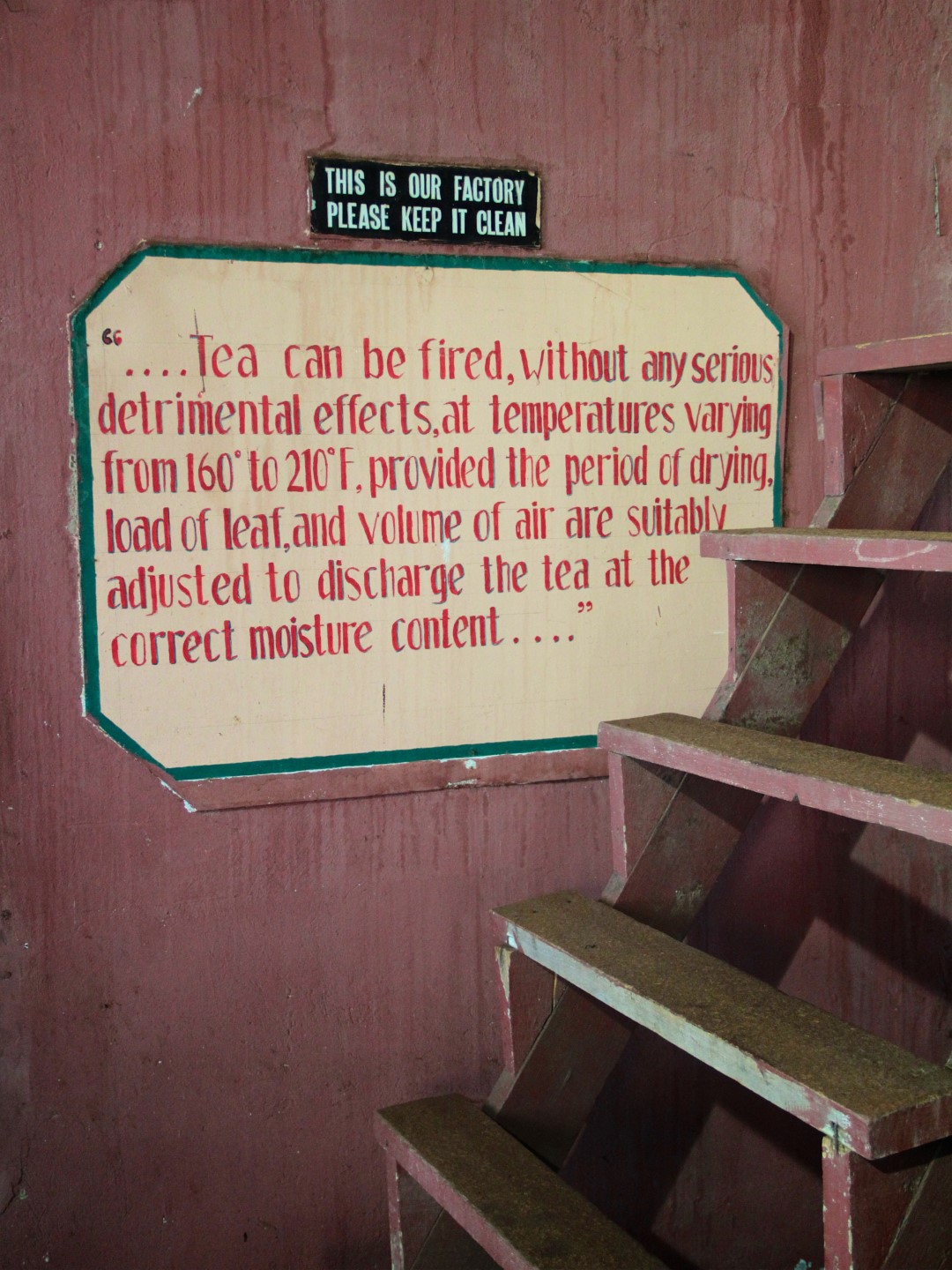
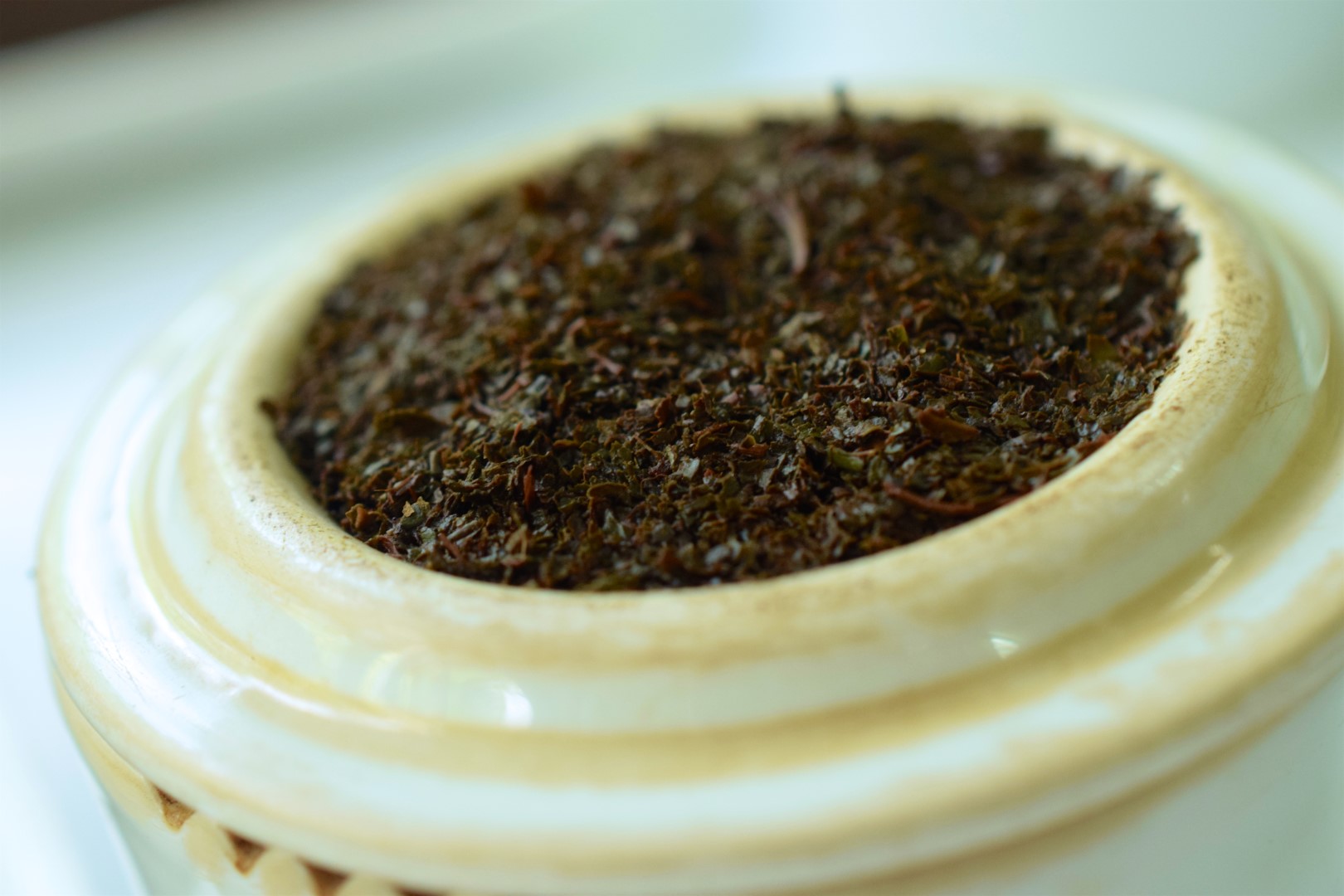
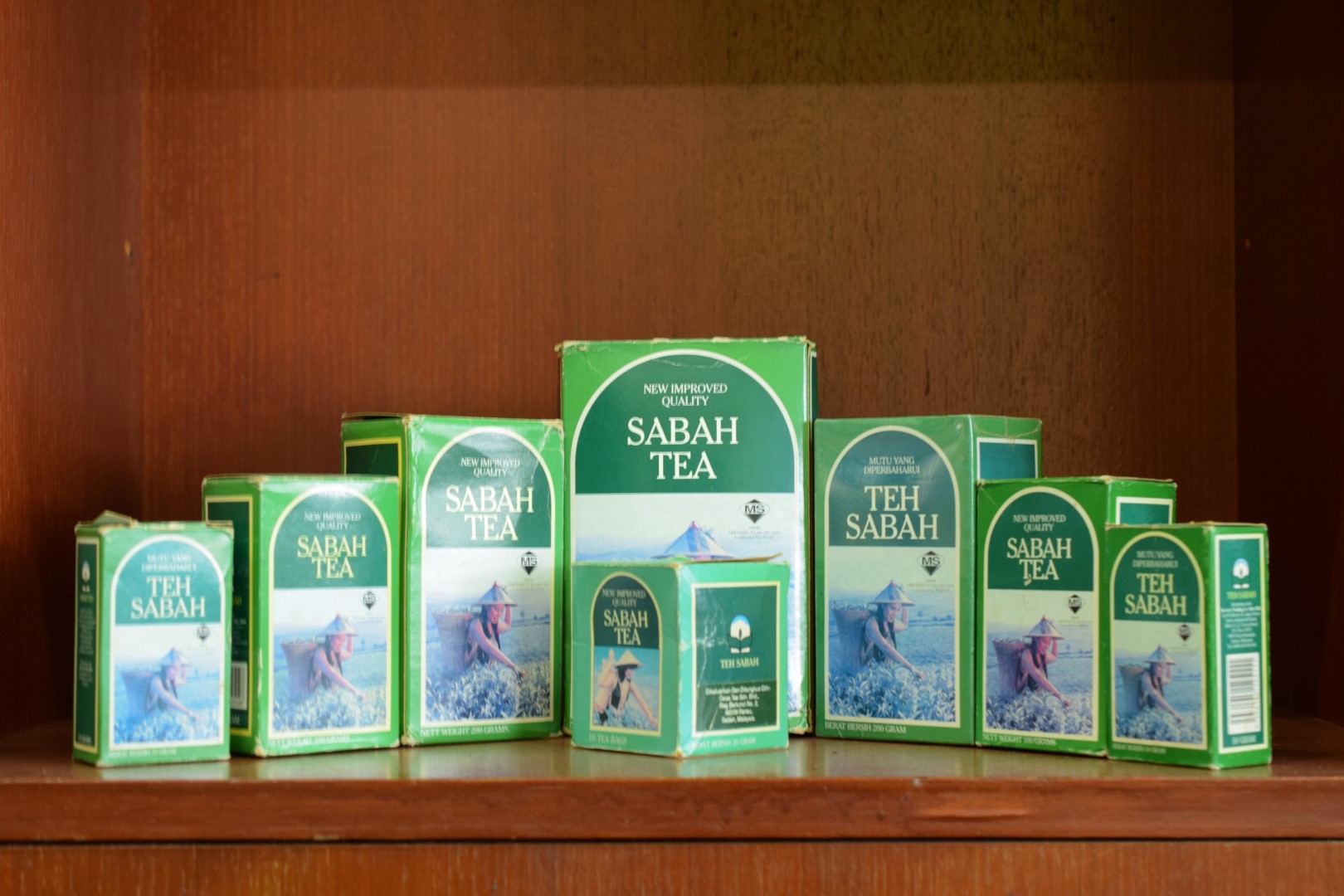
Fermented teas are then transferred to ovens that remove the moisture and arrest fermentation, turning the tea from a coppery brown to black. The final stage of the manufacturing process involves sorting the tea particles into different grades according to shape and size. This is done by various specialists who are skilled in tasting, buying and exporting the tea. Before the teas are packaged and shipped to the kitchens of the world, a select few are sent to the café next door, where we are lucky enough to taste the distinctive tea of Sabah whilst enjoying views of the landscape that created it, in the company of those who harvest it. Tea doesn’t get fresher or better than that.
Travellers in Sabah looking to break their journey with a trip to Sabah Tea can choose from a range of accommodation, including a traditional long house, cosy bungalows or even a campsite for those who wish to sleep out under the stars. For larger groups and corporate events, other facilities at Sabah Tea include an event hall, restaurant, souvenir shop and a football field. Freshly-made tea pancakes and Sabah Tea Pandan teh tarik are popular staples on the menu at the Tea House and are not to be missed.
Panorama Destination provides a tour package that takes you through the natural wonders of Sabah, including Sabah Tea plantation. Sabah Nature Trails includes overnight stay at Sabah Tea, along with a guided tour of the factory to learn how raw tea leaves are processed and packed for export. Bookended by trips to Poring Hotspring and the Kinabatangan River, you can also make a stop at nearby Tagal Moroli River; a local conservation project that lets you enjoy a natural massage for your feet, as the fish gather and gently nibble away your dead skin. Lunch is provided en route during the 3-hour drive towards Kinabatangan.
After Sabah Tea, Panorama Destination journeyed to Sepilok. Click here to Travel With Us.

